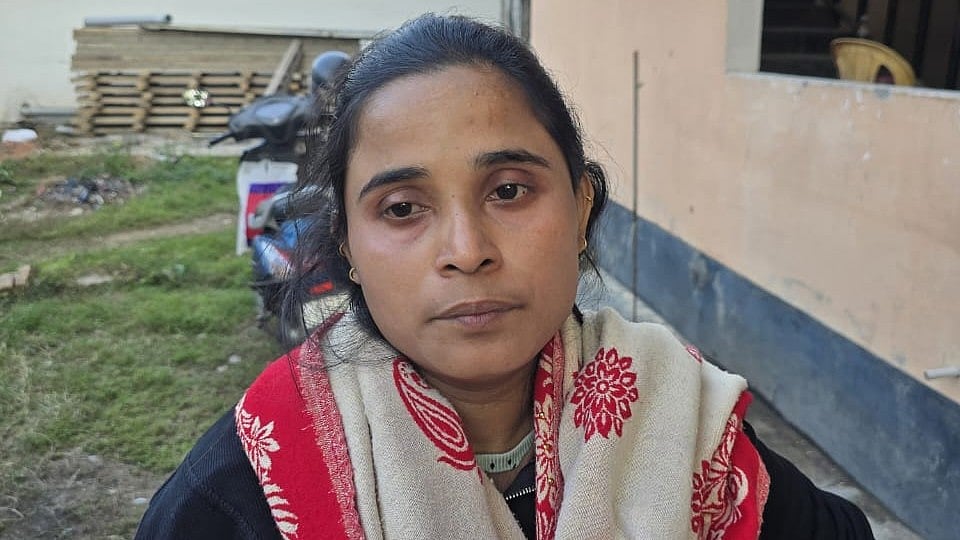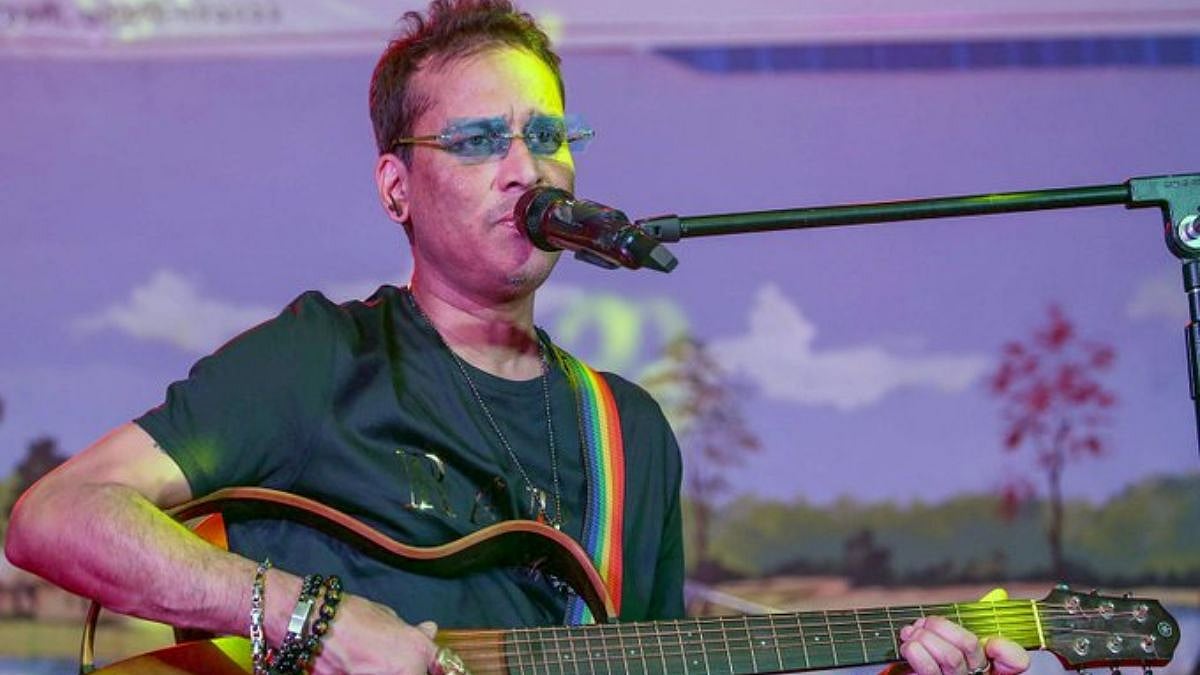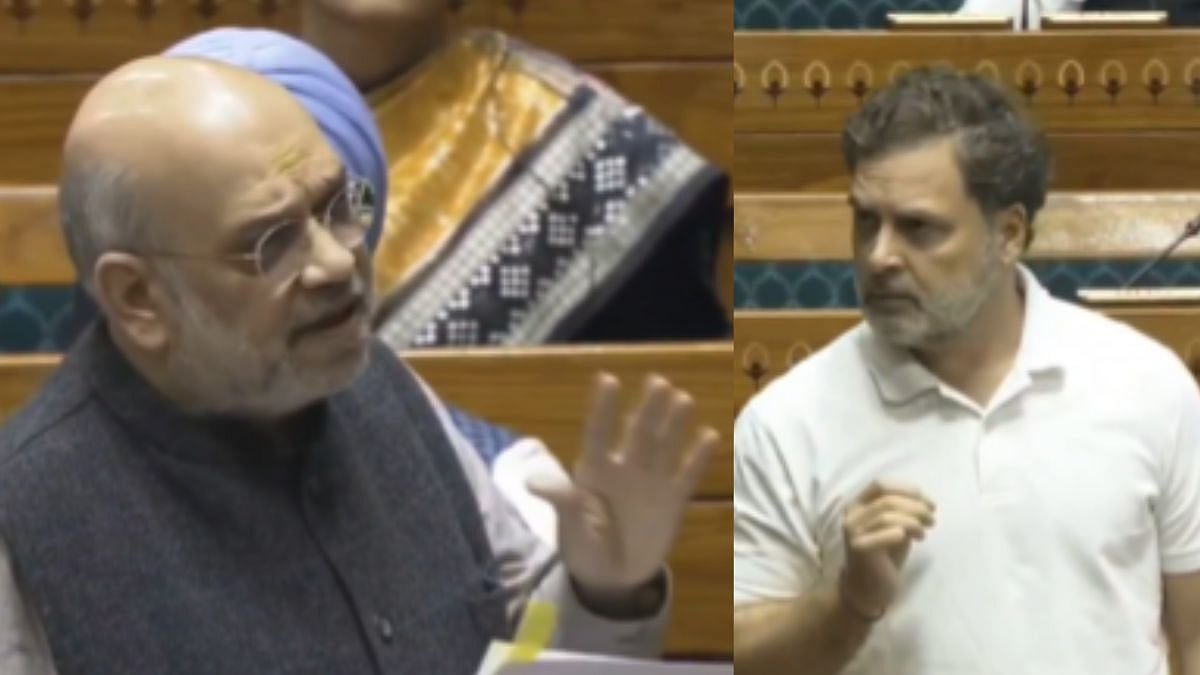Political cartoons are a treasured French tradition, going back to the revolution of 1789. Ever since, intrepid caricaturists have risked life and liberty to oppose authoritarian regimes and defend freedoms through their drawings. President Emmanuel Macron acknowledged that tradition when he said, “We will not give up cartoons, drawings, even if others back down”.
Samuel Paty was not a cartoonist. He was a schoolteacher, but no less a martyr to the cause of freedom of expression. He was savagely beheaded by an Islamist radical for showing his students cartoons of the prophet Mohammad from the weekly Charlie Hebdo. To drive the 'lesson' home to the French, a terrorist severed a 44-year-old churchgoer's throat with a knife ten days later.
A section of so-called intellectuals have criticised Macron's spirited defence of freedom of expression in the wake of Paty's murder, on the grounds that the cartoons were “inflammatory”. In so doing, they have betrayed liberal values and tacitly backed the Muslim leaders who called for vicious reprisals against France after Macron denounced Islamic terrorism.
In 2015, 12 staffers of Charlie Hebdo were shot dead and 11 injured by terrorists, for publishing the controversial cartoons (that Paty displayed to his students). Among the fallen was the iconic 'Cabu', one of the most famous cartoonists in Europe. A wave of jihadist strikes all over France followed, claiming 150 lives. That didn't stop the weekly from continuing to publish provocative cartoons and republishing those of the prophet, five years after the attack. Subsequently, two people were knifed outside its office.
The 18th century caricaturists who depicted the brutal exploitation of peasants by prelates and nobles would have saluted Charlie Hebdo. Even then, caricaturists held nothing sacred: one scatological work depicts the common man wiping his behind with the Pope's declaration condemning the first civil constitution of 1791.
Napoleon, after Waterloo, suffered his share of snide cartoons. Charles Philipon, the 19th century caricaturist and founder of several satirical journals, was unsparing of emperors Charles X and Louis-Philippe. He was eventually imprisoned and forced to shut shop when censorship came into effect in 1835. Napoleon III fared no better at the hands of cartoonists.
In 1871, the freedom of the press was enshrined in French law. Improvements in printing technologies and a newly literate population led to mass circulation of newspapers and magazines, offering French caricaturists a vast audience. It was the golden age of cartoons, which exercised enormous influence on public opinion, notably during the Dreyfus Affair.
In 1905 came another landmark law: the formal separation of church and state, which became the lynchpin of French secularism, or laïcité. Needless to say, the separation was celebrated by French caricaturists in various satirical journals. Thus, freedom of expression and secularism became two of the most basic features of the republic.
Cartoonists thrived in the inter-war years, playing a significant role in the Stavisky Affair, a corruption scandal that fuelled anti-parliamentary movements and an attempted right-wing putsch in 1934. During the World War II Vichy regime, German censorship suppressed cartoons, but they re-emerged with a vengeance in the late 1950s to challenge the President of the fifth republic, Charles De Gaulle.
In May of 1968, the École des Beaux-Arts in Paris was at the centre of a country-wide student-led civil unrest against capitalism, imperialism and state control of the media. Students and teachers churned out hand-drawn, screen-printed posters, which became a visual language of protest that was adopted by movements the world over. Those images, mocking authoritarianism and censorship, are just as powerful and relevant today.
It is against this backdrop that Macron (himself the butt of cartoonists, notably in Charlie Hebdo) described Samuel Paty as the embodiment of the values of the French Republic. “We will continue the fight for freedom of which Samuel Paty is the face,” he said. France can do no less, even as Macron's effigy is beheaded in Pakistan and his posters defaced by protesters all over the world.
Secularism is a principle held equally dear. Displays of public religiosity are frowned upon and wearing visible religious symbols such as a large cross or headscarves and turbans in public schools is not permitted. Even though the ban is not selective and applies to all faiths, Muslim organisations claim it smacks of Islamaphobia. Oddly, self-styled secularists support this view.
Macron has talked of an “Islam of France”, that is, a faith in consonance with the fundamental values of the republic. The objective is to integrate all minorities and keep extremism at bay, with the communities themselves taking the lead. A tolerant approach to political cartoons would be a good place to start.
The writer is a senior journalist with 35 years of experience in working with major newspapers and magazines. She is now an independent writer and author.









